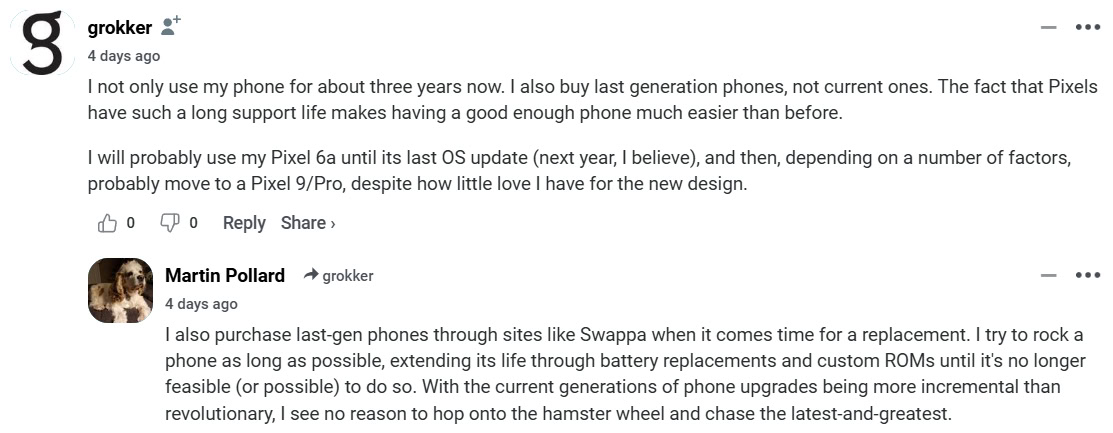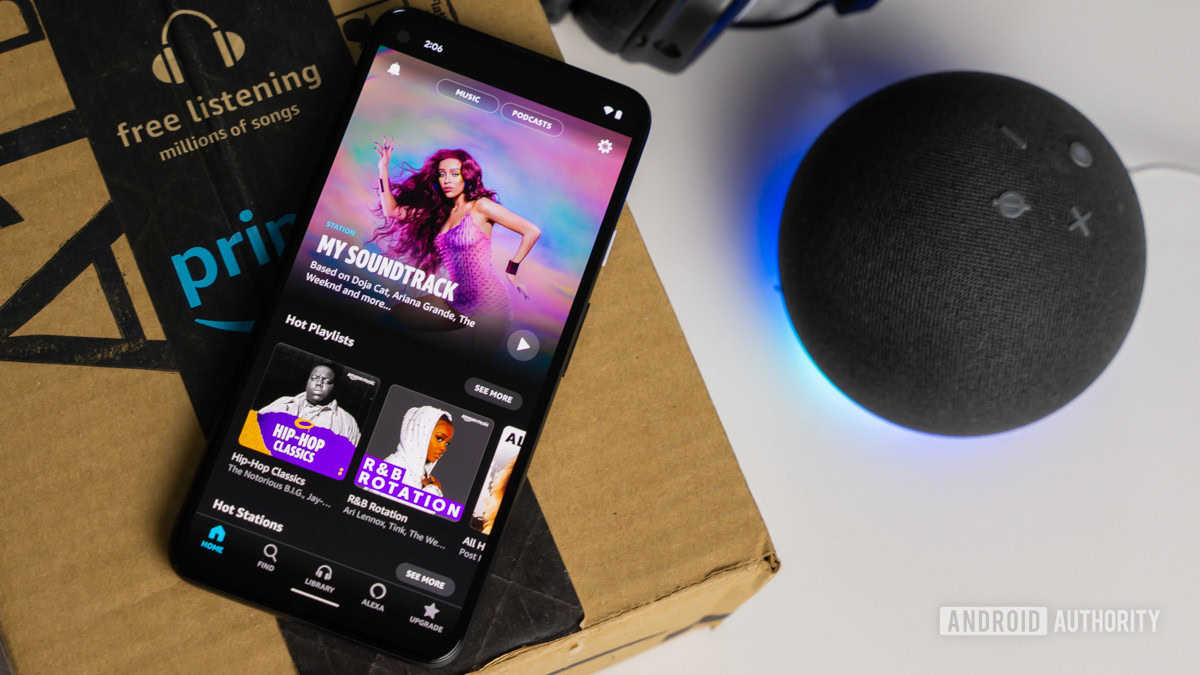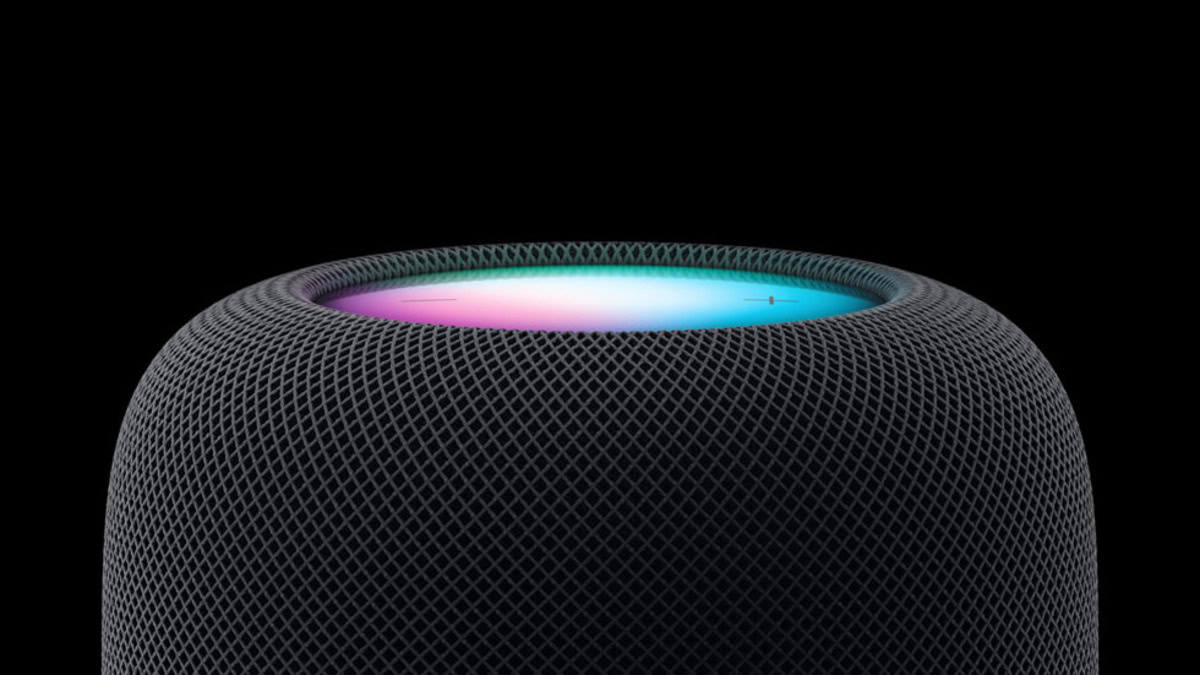Robert Triggs / Android Authority
Over the past couple of years, we’ve seen top Android flagships come with increasingly long promises of software support. Coupled with better durability, some progress towards repairability, and a general slowdown in innovation, there’s less and less incentive these days to change your current working phone for a newer flagship. After all, if your older phone works just fine, why bother spending money on a new one that is barely different? It seems a good majority of you agree with this sentiment, according to a recent poll we conducted and the comments we received on it.
We asked you how old your current smartphone is, and for most of you, it is relatively old. We saw quite a close split amongst the poll options presented, but zooming out for the bigger picture, many of you are holding onto your phones for a tad bit longer.
A good 30% of the poll voters own a relatively new smartphone purchased just under a year ago, indicating that not only do they have a phone that is taking advantage of the hardware progress built up over the years, but it is also likely going to receive the latest software update and be quite up-to-date. Add 18% of polled users whose phones are between one and two years old, and you have a close 48% minority who upgrade their phones regularly but not every year.
On the other hand, a good 20% of our polled readers have a phone that is between two and three years old, clearly past the point of a two-year upgrade cycle. So, it’s clear that people aren’t simply jumping up to a new phone simply because their phone reaches two years of age.
Where we expected the crowd to thin out, we still see a large number of people holding on to their phones after the three-year mark. 15% of our polled readers held their device between three to four years, and a surprisingly high 16% continue to hold on to their more than four-year-old device. That means the phone in their hand was released in 2020 or earlier, marking it closer in age to the Galaxy S20 series or the iPhone 12 series.
Commenters have pointed out that phone upgrades have reached the point of diminishing marginal utility, where upgrades year-on-year or even after a few years are not as noticeable. Reader willyolio highlights this by sharing how typical users stick to basic phone use cases like browsing the web or social media and watching a movie. For tasks like these, an older phone works just about the same as a newer phone.

Reader grokker mentions how they not only use their phone for three years but also opt to buy older flagships when they do make a purchase (effectively making the phone four years old). Reader Martin Pollard agrees with the thought process, commenting on how they rely on marketplace websites like Swappa to purchase last-gen phones. They also rely on custom ROMs and battery replacements to breathe new life into those phones, and that’s something I can easily get behind.

Reader Fresh360 illustrated how they perceived the upgrades from their current phone, the Galaxy S21. To them, the Galaxy S22 and Galaxy S23 were barely any better, while the Galaxy S24 looked like a decent jump. The Galaxy S21’s waning software support is what appears to be driving them to upgrade to the Galaxy S25 series when it launches in the coming year.

It’s interesting and heartening to see users appreciate phones as tools meant to serve and last and not be swept away by billions of dollars spent on marketing to convince people to buy the newest shiny phone. This user sentiment and expectation is what ultimately drives phone companies to make phones that last longer. You should definitely continue to use your current smartphone, at least for as long as it works comfortably.
Got a tip? Talk to us! Email our staff at [email protected]. You can stay anonymous or get credit for the info, it's your choice.








 English (US) ·
English (US) ·